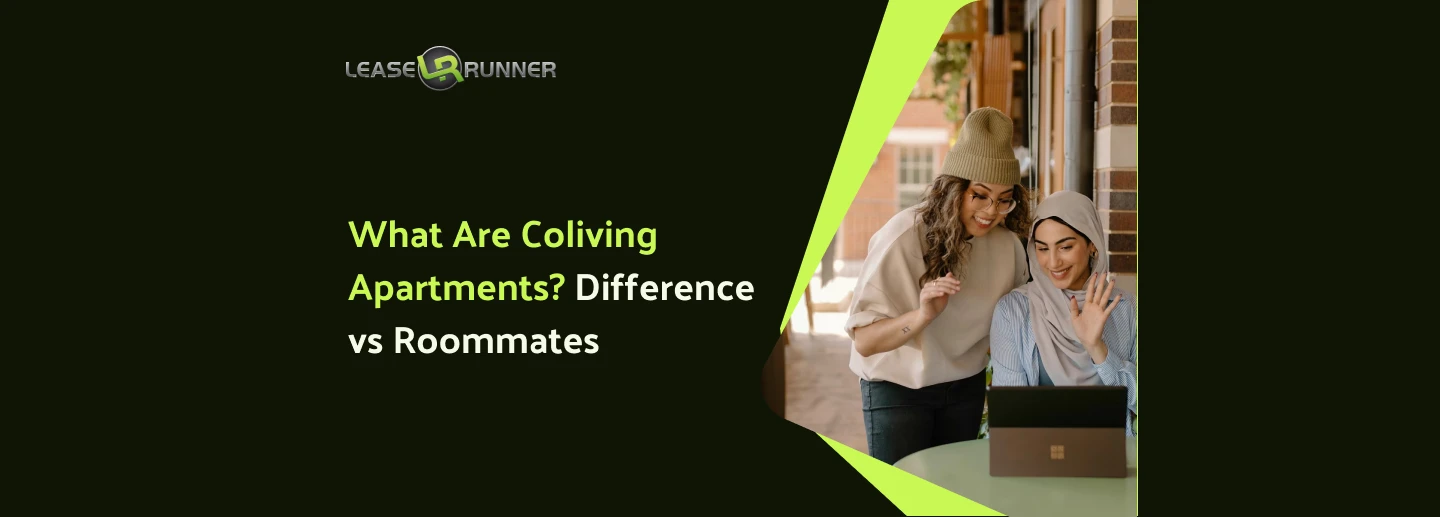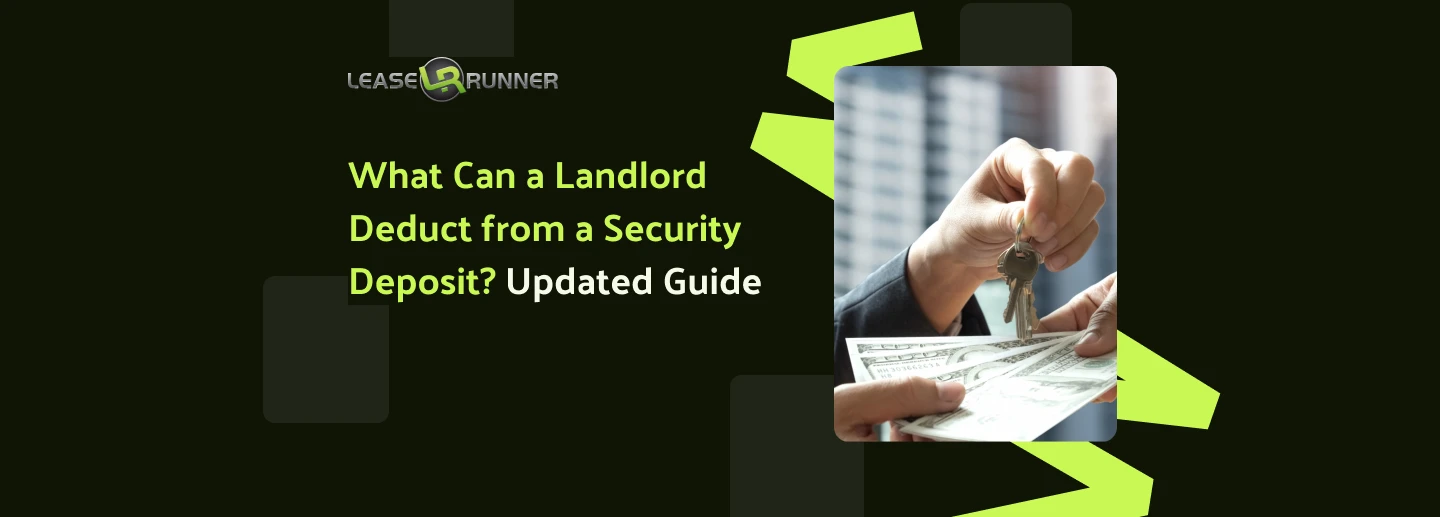If you're trying to navigate how to get out of a lease early and you want to avoid financial consequences, you're not alone! Life changes fast: a new job opportunity, family emergencies, or moving to a new place, and you might have to move on before the leasing term is finished.
Breaking the lease may result in unnecessary fees and legal complications for just thinking about breaking the lease, or not taking the right steps. We are going to provide some real-life examples related to breaking a lease and discuss what happens when you break a lease early.
You will find out which reasons are valid legally, which excuses won't work, tips on getting out of your lease without adverse financial repercussions, and how to navigate exiting your lease without damaging your budget or rental history
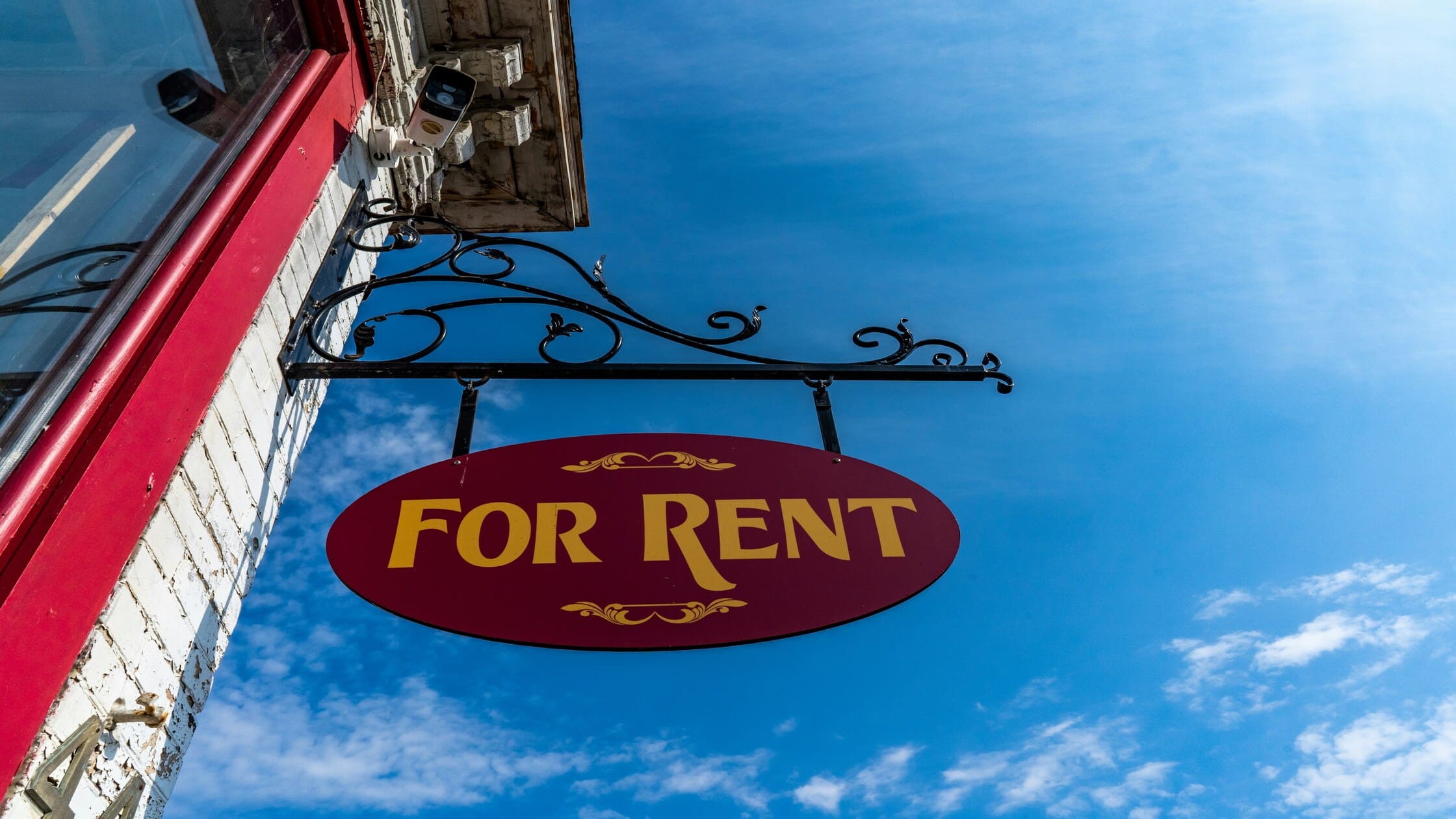
Before deeply diving into this topic, let’s take a look at this quick facts table covering five of the most-searched criteria related to “How to get out of lease early?”:
Is It Possible to Break a Lease Early?
Yes, it is possible to break a lease early. Breaking a lease early depends on both your lease agreement and the laws where you live. Often, you can end a lease early if you have a valid reason and follow the correct steps.
For example, if your rental becomes unsafe or has serious issues like mold, you may be able to leave without paying penalties. This is often considered one of the top answers to what is the best excuse to break a lease. To protect yourself, document all problems carefully with photos and written notices to your landlord.
On another hand, if you are an active military member, you have special rights under the Servicemembers Civil Relief Act. This law lets you break your lease early if you are deployed or reassigned. In some states, job relocation also counts as a valid reason.
If you're wondering, Can I break my lease early in Chicago?, the answer is yes, but it is important to know that Chicago has its own strict rules (compared to Illinois landlord-tenant laws). While state law applies, the city is also governed by the Chicago Residential Landlord Tenant Ordinance (RLTO).
This ordinance provides a detailed set of rights and obligations for both tenants and landlords that often go beyond state law. Be sure to check your lease and the RLTO to understand the full scope of your rights before you take any action.
Landlords who fail to fix major problems or who break housing laws may give tenants grounds to end their lease. Keep a record of all repair requests and landlord responses as proof if you need it.
Many tenants make mistakes by not fully understanding their lease or by not following the proper way to notify their landlord. When asking what the best excuse to break a lease is, the answer is always a legal one. The best reasons are those that are legally backed, such as military deployment, landlord harassment, or an uninhabitable living situation.
To protect yourself, you must be able to prove your reason with solid documentation. Verbal promises are risky, so get all agreements in writing. Rules about breaking leases, like how much it costs to break a lease or how to break an apartment lease without penalty, vary by state. Therefore, always check local laws carefully before acting.
Legal Grounds for Penalty-Free Lease Termination
Understanding how to get out of a lease early without facing extra charges is a key concern for renters. In most states, several strong legal reasons give tenants the right to end a lease with no penalty, provided the proof and process are clear.

1. Breach of Housing Codes
Landlords must meet housing codes, meaning the apartment must remain safe and livable. If you face unaddressed problems like water damage, no heat in winter, or pest invasion, you have a valid reason to break a lease.
Safe living space is considered your right, and if you document ignored repair requests with photos and emails, you strengthen your case for moving out early without penalty.
2. Tenant Rights Infringement
When minimum living standards aren’t met, such as no running water, no locks, or faulty electricity, tenants gain legal protection to leave. Keeping copies of communication and municipal inspection notices can help back your claim.
3. Breach of Privacy Rights
Your landlord should always give notice, often at least 24 hours, before entering your space. Repeated unannounced entries are a serious breach of your rights. This kind of violation can make it much easier to end your lease. By keeping a record of each incident and sending written complaints, you build a strong case.
This can often lead to a quick, mutual agreement with your landlord, helping you find what is the easiest way to get out of a lease.
4. Military Service Protections
Federal law allows active-duty military personnel to break a lease penalty-free when called to service or deployed far from home. Written notice and a copy of official orders are crucial for a smooth transition.
5. Domestic Violence
Many state laws protect tenants dealing with domestic violence. By sharing a restraining order or police report, victims typically may leave their lease without extra cost. Quick written notice and documentation are important.
6. Criminal Activity on Premises
If recurring criminal activity puts you at risk where you live, you can ask to terminate the lease legally. Talking to your landlord, filing a police report, and keeping any written records all help your claim.
Common Reasons to Break a Lease
Facing tough life changes, many renters often wonder if it is possible to break a lease early. The simple answer is yes, it is. While not every reason is protected by law, being honest and talking openly with your landlord can often help you get out of a lease.
Common reasons people break a lease include getting a new job in a different city, a sudden family emergency, or needing to move for health reasons. While these may not be legal grounds in your state, most landlords will be open to discussion and may work with you.
Habitability Issues
If your apartment becomes unlivable due to hazards like mold or exposed wiring, most laws allow tenants to move out early. Always keep a dated record of repair requests and backup claims with photos.
Financial Hardships
A major loss of income or unexpected bills may force you to leave sooner than planned. Although many leases don’t promise relief for financial stress, some landlords may be flexible if you share your situation and help find a new renter.
If you’re curious about costs in various states, like how much it costs to end a lease early or the penalty for breaking a lease early, these vary widely. You must review your contract for any specific early termination clauses and check local ordinances, which are city or state laws, for any legal protections that may apply to your situation.
Relocation for Work
Work transfers are a major reason people need to break leases. Show your landlord a new job contract or transfer letter and give as much notice as possible for the best results. Some leases have job relocation clauses that protect you.
Personal Reasons
If family or health events demand a move, a personal plea and willingness to help find replacements can make early termination more likely, especially if you communicate early and keep everything in writing.
State rules vary. For example, tenants often ask about ways to get out of an apartment lease in California. In California, you can break a lease without penalty for specific legal reasons, like military duty or if the unit is unsafe.
But for personal reasons, you're responsible for the rent until a new tenant is found. Landlords must try to re-rent the unit to reduce overall cost. In this state, you can break a lease for legal reasons or by using an early termination clause if one exists. This clause often requires a fee of 2-3 months' rent. Local landlord-tenant ordinances set out details about when you can leave and how to properly notify your landlord.
Same to that, in Washington, there are also many who ask, "How much is it to break a lease in Washington?". The answer is that Washington landlords cannot charge an early termination fee.
However, you are still responsible for paying rent until they find a new tenant. They must try to find a new tenant quickly and can charge you for their costs. Always check your local rules for exact details.
Penalties for Breaking a Lease Early
Knowing what happens if you break your lease early lets you avoid problems before they start. If you leave without following the rules, financial and legal consequences can be serious.
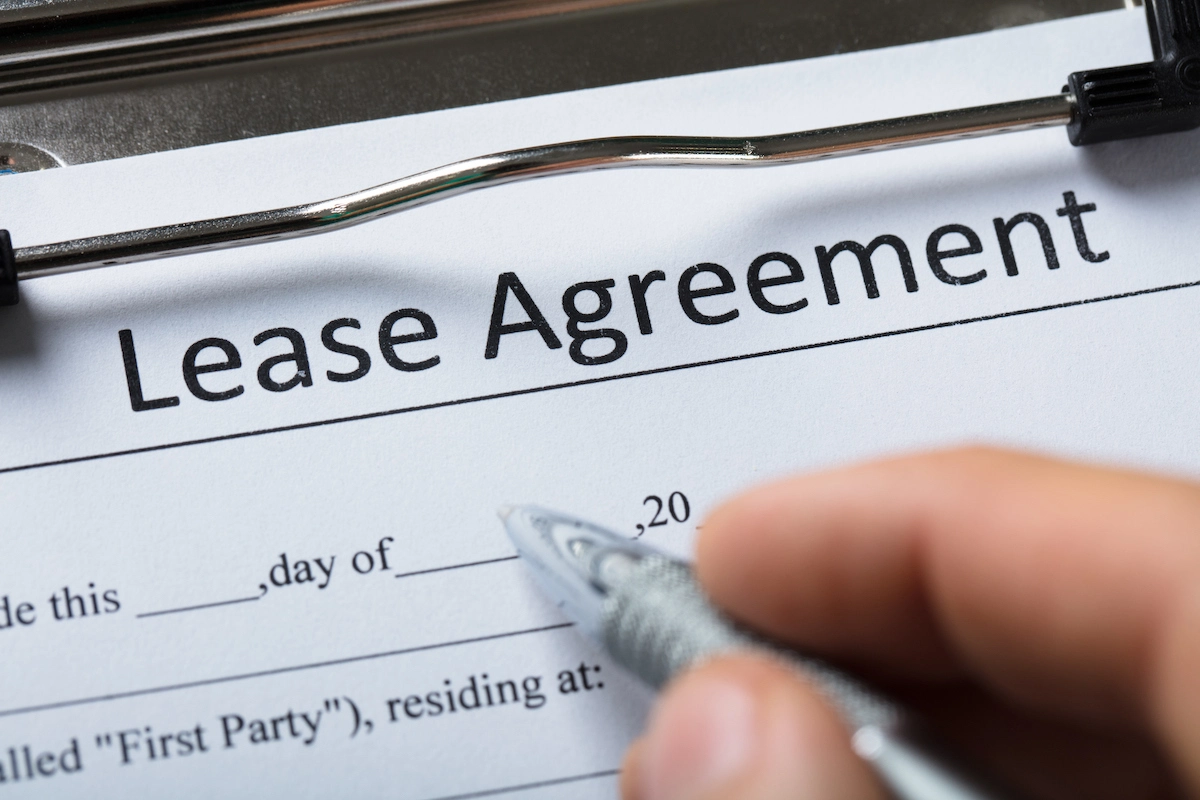
1. Financial Penalties
If you break a lease early, you may face financial penalties. Almost every lease has fees for breaking the lease early. These can be one or two months' rent or, depending on local laws, all the rental payments until the unit is re-rented.
Landlords are sometimes, by law, entitled to retain your security deposit if you owe money. Before you move, read your lease again; see the penalties for breaking it, and talk to your landlord specifically about options for a complete breakdown of penalties attainable.
2. Legal Consequences
Breaking the lease early without a good legal reason could lead to lawsuits for lost rent. If your apartment is sitting empty or if it takes time to re-rent it, your landlord may want to sue you for damages.
A negative mark on your rental history and a lower credit score are also possible legal consequences of breaking a lease early if unpaid fees are sent to collections. I suggest you always follow the local notice period as best as possible to reduce risk. Keep good records of notice and any agreement you make with your landlord.
3. Lease Agreement Clauses
Certain leases contain early termination or buyout clauses that address what happens if you break a lease early. This section of a legal lease refers to the steps you must take and the fees to help you have a legal out.
Reading your lease very carefully will help you come up with a better understanding if you find yourself wondering, "How to break an apartment lease without penalty?".
Once you understand your legal options and keep open, transparent communications, you will be better prepared for any surprises in case you have to leave before the end of the leased term.
Use LeaseRunner to screen tenants, manage leases, and prevent costly early terminations 

Avoid Future Lease Mistakes Before They Start
7 Steps to Get Out of a Lease Early Without Financial Consequences
It can be difficult to break a lease early. Here are some simple steps that will guide you to break a lease properly.
Step 1: Review Your Lease
The first step is to read through your lease agreement very carefully. Many leases provide specific rules for regulating early termination, fees, and moving out.
If you feel unclear about whether you can break your lease or have difficulty understanding your lease terms, make sure to contact your landlord or seek local legal advice.
Your first step is to understand your contract so that you know your legal rights and what financial penalties you might face.
Step 2: Provide Written Notice
Giving proper notice is very important. When leaving an apartment, many states are going to require a written notice for your termination, most commonly 30 days, but sometimes it can be 60 days or longer. Usually, the timelines required for notice are in your contract.
For example, to terminate a lease early in the state of Chicago, the law usually requires 30 days written notice. A formal notice letter gives you peace of mind against any fees or disputes later on.
Just research your area’s requirements or sample examples on how to write a termination notice, which may be used for eviction periods.
Step 3: Valid Legal Reasons for Early Termination
If you have a legitimate legal reason, it will help support your position that you need to terminate the lease early with no penalties.
There are numerous legal reasons you can terminate, such as unsafe living conditions, violations by the landlord, military orders, and domestic violence, which you can leave without any fees according to the law!
In some states, moving for a job is also a legitimate reason, so check your state’s rules. Of course, if you have a legitimate legal reasons, you may not be responsible for anything.
Step 4: Negotiate a Mutual Termination Agreement
Another option is to talk to your landlord about what your plans are and, if they agree, under mutual consent, to allow you to terminate the lease early.
If you can explain your situation honestly, ask if they would be open to terminating the lease early, and suggest ways you could help minimize their losses, most landlords will be responsive.
Perhaps giving extra notice or paying for a bit of advertising to find a replacement tenant for them will let your landlord agree to letting you out of the lease!
Step 5: Help Find a Replacement Tenant (Lease Assignment or Subletting)
Offering to locate a new tenant can help you exit your lease without penalty. Landlords often welcome this help, as an empty unit costs them money. Depending on your lease, you may be able to assign the lease or sublet the space.
This method often answers the question of what is the easiest way to get out of a lease. Just be sure any new tenant you suggest meets your landlord’s application requirements.
Step 6: Document Everything
Keep a paper trail of all communications, repair requests, written notices, and agreements. Using emails, dated letters, and photo documentation gives you evidence if a disagreement arises. Solid records keep both parties honest and protect you against surprise fees.
Step 7: Return the Property in Good Condition
While you're preparing to move out of the apartment, you want to clean it and fix any minor damage. This is a crucial step because a landlord can legally use your security deposit to cover unpaid rent, damages, or cleaning fees, all of which could become a penalty for breaking your lease early.
To avoid this, you also want to return all keys and schedule a move-out inspection with your landlord. The better condition you return the unit, the better your chances of getting your full deposit back.
And remember, if you've been wondering how to break an apartment lease without penalty, following these short steps will help you stay on the safest, lowest-cost path. A clean unit gives the landlord fewer reasons to withhold your deposit, which may then be used to cover any early termination fees.
What Happens If You Break a Lease Early?
Choosing to break your lease ahead of schedule can lead to several consequences. Many leases include early termination clauses that name specific conditions or set fees—the details are always worth a close review.
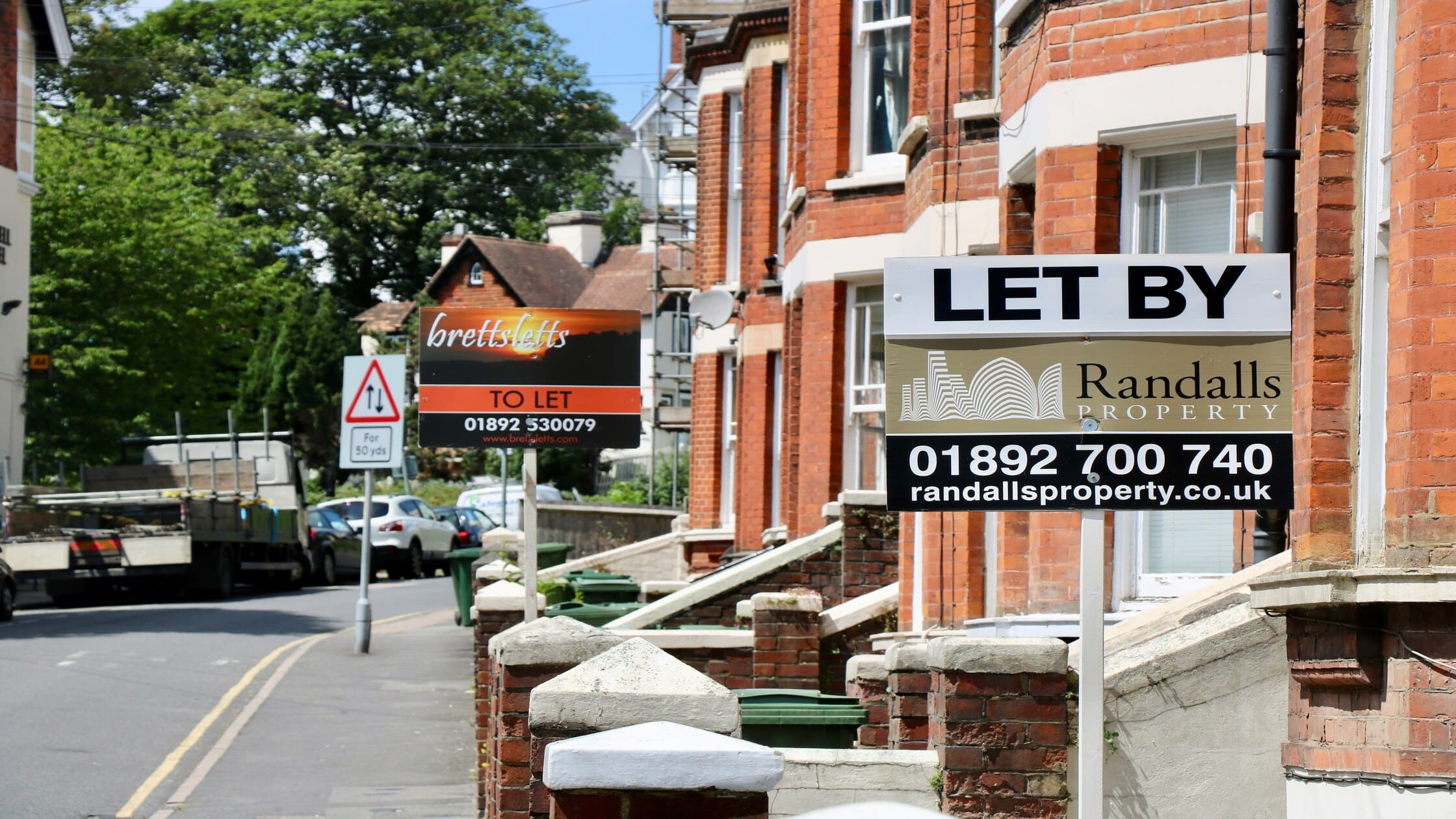
Financial Liability for Rent
First, landlords are usually going to expect you to pay rent through the entirety of the lease period unless they find a substitute tenant immediately.
For example, if you break your lease early and have three months left, and your old unit is empty, the landlord might try to hold you liable for that unpaid rent. In some states, landlords are required to rent it out again with due diligence right away.
Early Termination Fees
A portion of landlords will have some component of an early termination fee built into the lease. This could mean paying a full month to two months' rent to end the lease.
Again, I would review your own lease, because each individual state and even a landlord can have a different approach. I would ask ahead of time to avoid unexpected charges.
Loss of Security Deposit
While you can make it easier to get your security deposit returned, if you leave, you do not pay up, or you leave the unit damaged or dirty, the landlord could claim all or some portion of your deposit.
To mitigate your exposure, ensure you leave the unit clean, fix any minor issues, and return your keys.
Legal Action
If rent isn’t paid or early move-out rules aren’t followed, landlords can sue for damages or unpaid rent in small claims court. When this happens, solid documentation and proof of notice become key for your defense.
Credit Impact and Rental History
Breaking a lease and missing payments can result in negative marks on your credit report and rental history. Future landlords may see this, which could make finding your next apartment more difficult. Giving proper notice and trying to settle debts helps lower this risk.
How to Send a Lease Termination Notice (+ Sample Templates)

A formal lease termination notice is your key tool when you wonder how to get out of a lease early. Crafting a clear and detailed notice is essential.
What to Include in a Lease Termination Letter
Your notice should clearly outline:
- The Date: When the notice is issued.
- Tenant and Landlord Information: Include names and contact details.
- Property Address: The address of the rental apartment/property.
- Statement of Termination: Clearly state your intention to break the lease early.
- Reference to Lease Agreement: Include a reference to the specific clause or section in the lease agreement that covers early termination or notice requirements.
- Effective Date of Termination: Specify when you plan to move out.
- Reason for Termination: (If applicable) Briefly mention the valid reason.
- Notice Period and Compliance: State that you are providing the notice required by the lease or local law.
- Request for Confirmation: Ask your landlord to confirm they received the notice.
- Contact Information: A way for them to reach you with questions.
- Signature: Your signed confirmation.
These elements are crucial for a notice to vacate or a moving-out letter that meets legal standards. For a ready-to-use format, you can find a sample lease termination letter template here.
Sample Lease Termination Letter
Pro Tip: The sample template for a 90-day notice to vacate can also be used for 30-day and 60-day notice. Remember to change the date, period, and time to match your cases.
Bottom Line
Understanding how to get out of lease early is critical for anyone facing unexpected changes in their living situation. This guide has covered the legal aspects, steps to follow, potential consequences, and best practices for breaking a lease early without facing harsh penalties.
Whether you're asking, “Can I get out of a lease early?” or wondering, “What happens if I break my lease early?”, being well-informed is your best defense. Remember, while there are valid reasons to terminate a lease early, such as unsafe living conditions or job relocation, it's important to follow the proper steps.
Use sample templates, provide sufficient notice, and negotiate with your landlord to ensure a smooth transition. With careful planning and legal awareness, you can manage how to get out of a lease early in a way that minimizes both financial and legal risks. For more information, visit the LeaseRunner blog immediately!
FAQs
Q1. How to Get Out of an Apartment Lease in California?
If you have valid reasons, such as unsafe living conditions or job relocation, you can end your apartment lease in this state.
Q2. How much to end a lease early?
The fee to end a lease early normally varies by contract and local law. Often, you may need to pay a fee, sometimes equal to one or two months’ rent, or cover costs until a new tenant is found. Your lease agreement should detail these fees, so read it carefully and seek legal advice if needed.
Q3. What is the penalty for breaking a lease early?
The penalty for breaking a lease early typically includes financial fees such as forfeiting a portion of your security deposit or paying additional rent until the property is re-rented. These penalties are specified in your lease and can vary based on local laws and your landlord’s policies.




